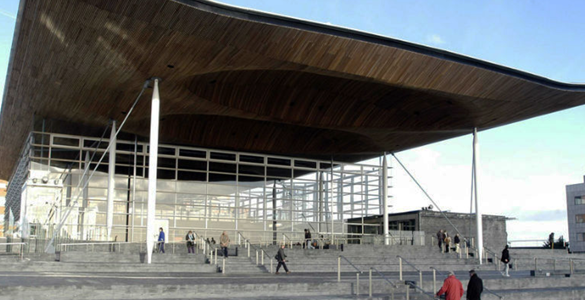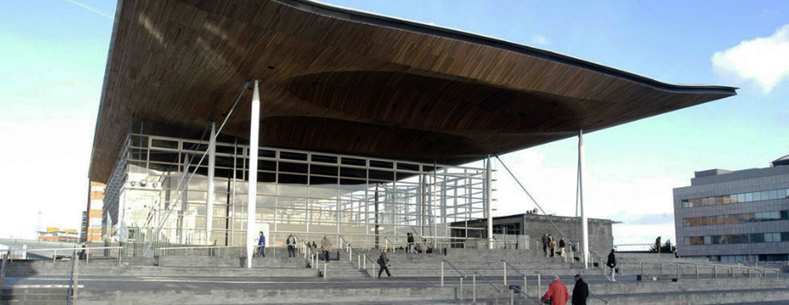On Tuesday 14 November 2017 in Plenary, Assembly Members will debate the Children Commissioner for Wales’ most recent Annual Report (2016-17).
This debate gives AMs an opportunity to discuss what the Commissioner has set out as the latest issues and challenges affecting children and young people in Wales. They will also hear how the newly appointed Minister for Children and Social Care, Huw Irranca-Davies, responds. The Welsh Government’s written response is due to be published following the debate. Last month, the Assembly’s Children, Young People and Education Committee heard directly from the Commissioner about the issues she raises in her report. You can see what was discussed on Senedd TV here.
The rights of children and young people were the subject of the most recent Scrutiny of the First Minister Committee which took place on 27 October 207 at the Cwmbran Centre for Young People. You can watch the session on Senedd TV here.
The Commissioner and her role
Sally Holland is the third person to undertake the role of Children’s Commissioner, taking up her post in April 2015. The principal aim of the Commissioner in exercising her functions is to safeguard and promote the rights and welfare of children and to have regard to the United Nations Convention on the Rights of the Child (UNCRC) in everything she and her team do. The Research Service blogs Children’s rights in Wales: an update 2016 and Giving due regard how serious is the Welsh Government taking its responsibilities under the UNCRC provide further detail on the UNCRC and the position in Wales.
The Commissioner can:
- Review the effects of policies, proposed policies and the delivery of services to children;
- Examine the case of a particular child or children if it involves an issue that has a more general application to the lives of children in Wales;
- Require information from agencies or persons acting on their behalf, and require witnesses to give evidence on oath;
- Provide advice and assistance to children and young people, and others;
- Consider and make representations to the National Assembly for Wales about any matter affecting the rights and welfare of children in Wales.
The Commissioner’s remit covers all areas of the devolved powers of the National Assembly for Wales relevant to children’s rights and welfare. Her remit covers children and young people up to the age of 18 living in Wales, or who normally live in Wales. It also includes those up to the age of 25 if they have previously been ‘looked after’. Her office undertakes direct casework on behalf of children and young people.
What does the latest Annual Report focus on?
The report includes a wide range of issues which frequently feature in debates about services for children and young people, such as Child and Adolescent Mental Health Services, Residential Care, Learner Travel and Elective Home Education. However the report is titled ‘A Year of Change’ and the Commissioner frames the current policy discussion by saying ‘Brexit, elections and political infighting have dominated the news headlines this year’. She goes on to say:
I think I would be underselling it if I said that this year has been a year of change. Unprecedented would probably be a better description.
An issue which received media coverage when the report was launched on 9 October 2017 was the Welsh Government’s new ‘childcare offer’ of 30 hours to the working parents of three and four-year-olds across Wales for 48 weeks per year. The Commissioner says she is ‘concerned that the exclusion of children from non-working households may widen further the school readiness gap between this group and those with working parents’ and recommends:
The Welsh Government should ensure, through the childcare offer pilot and any subsequent scheme, that the children of non-working parents do not miss out on the increased childcare being offered to children of working parents.
Press coverage at the time set out the Welsh Government’s position and Tuesday’s debate will provide further opportunity for discussion.
The debate is scheduled for 17.20pm Tuesday 7 November and can be watched on Senedd TV here.
Article by Sian Thomas, National Assembly for Wales Research Service







